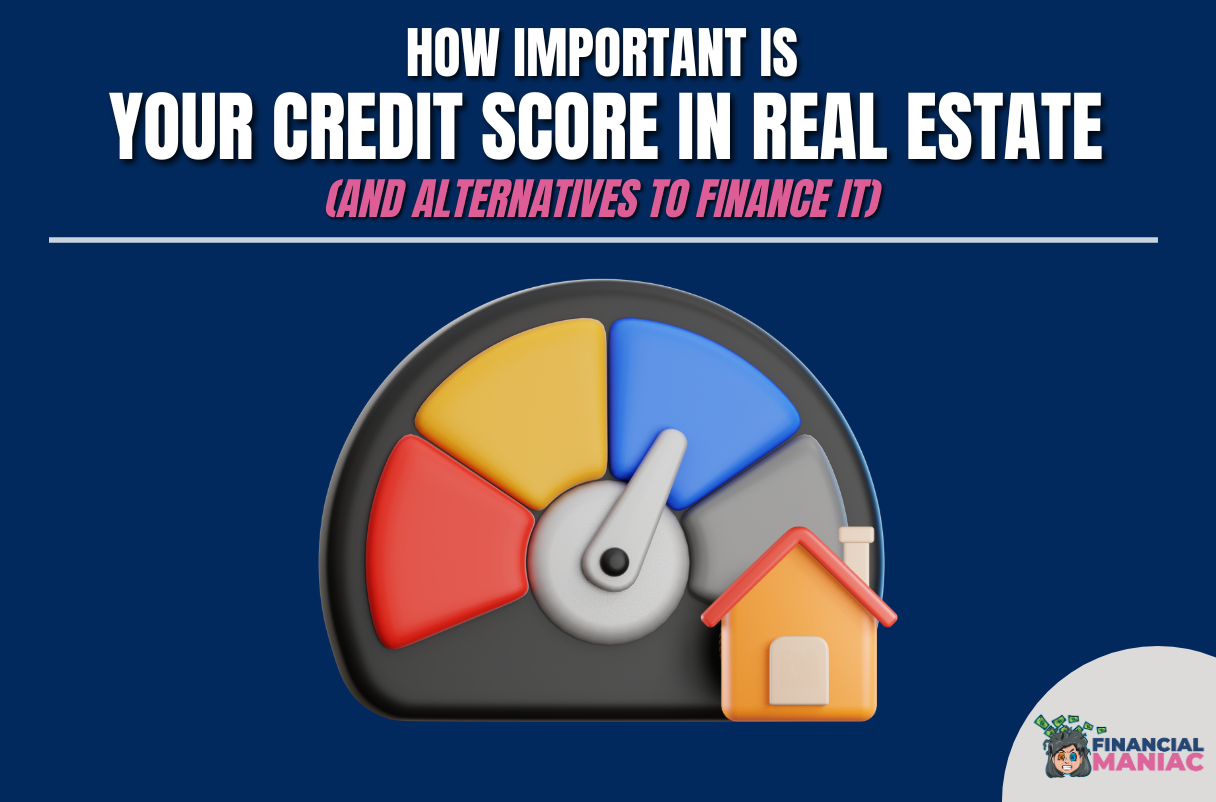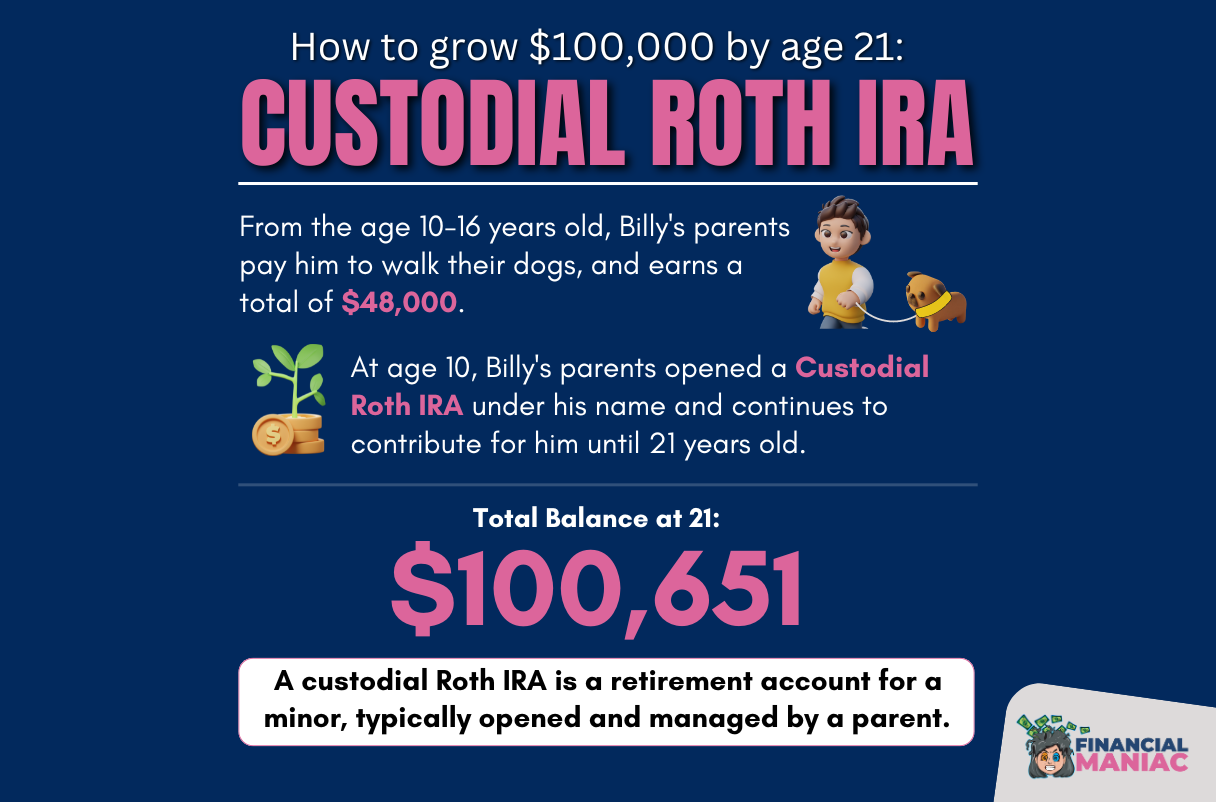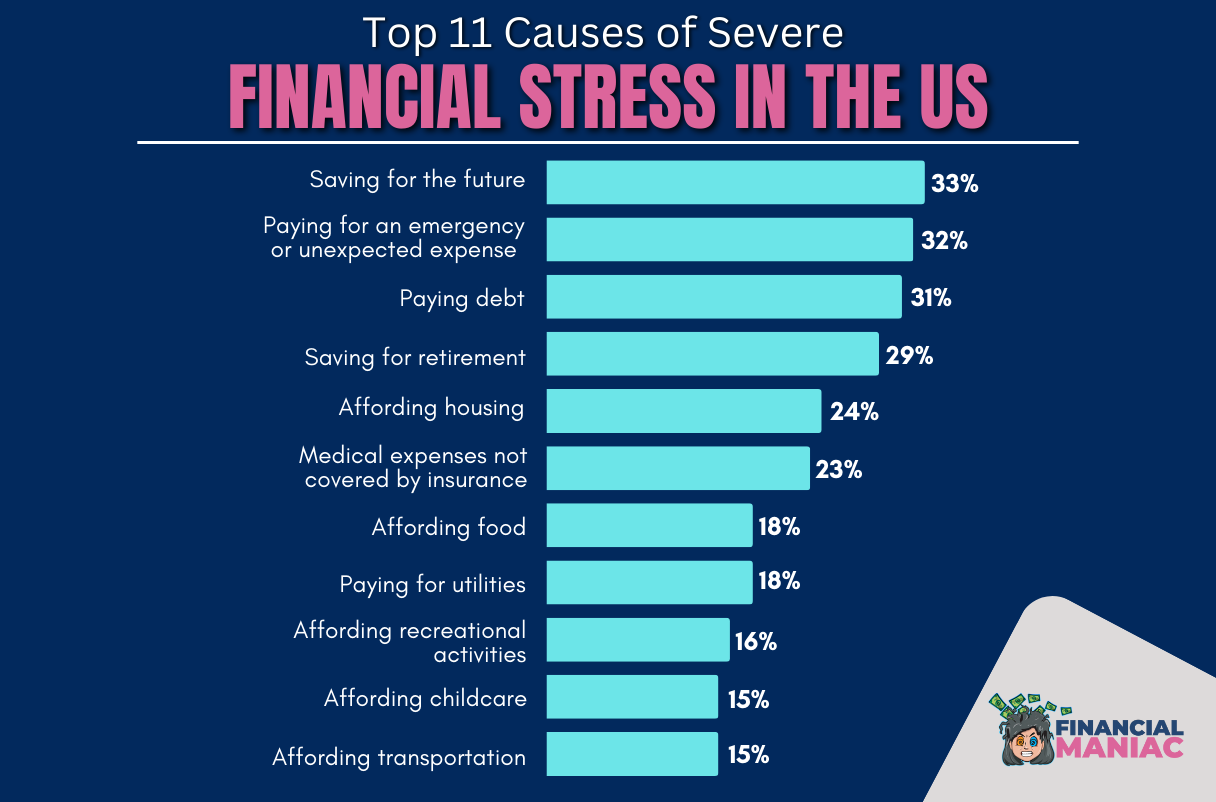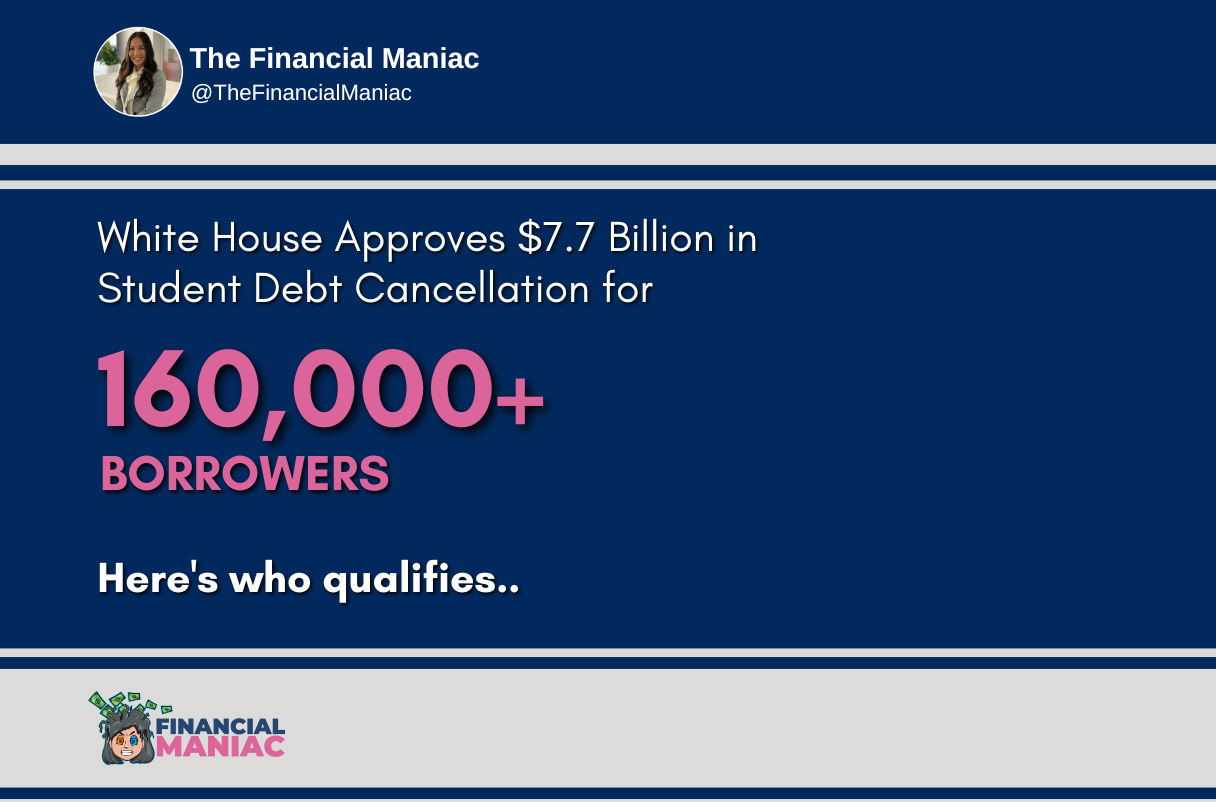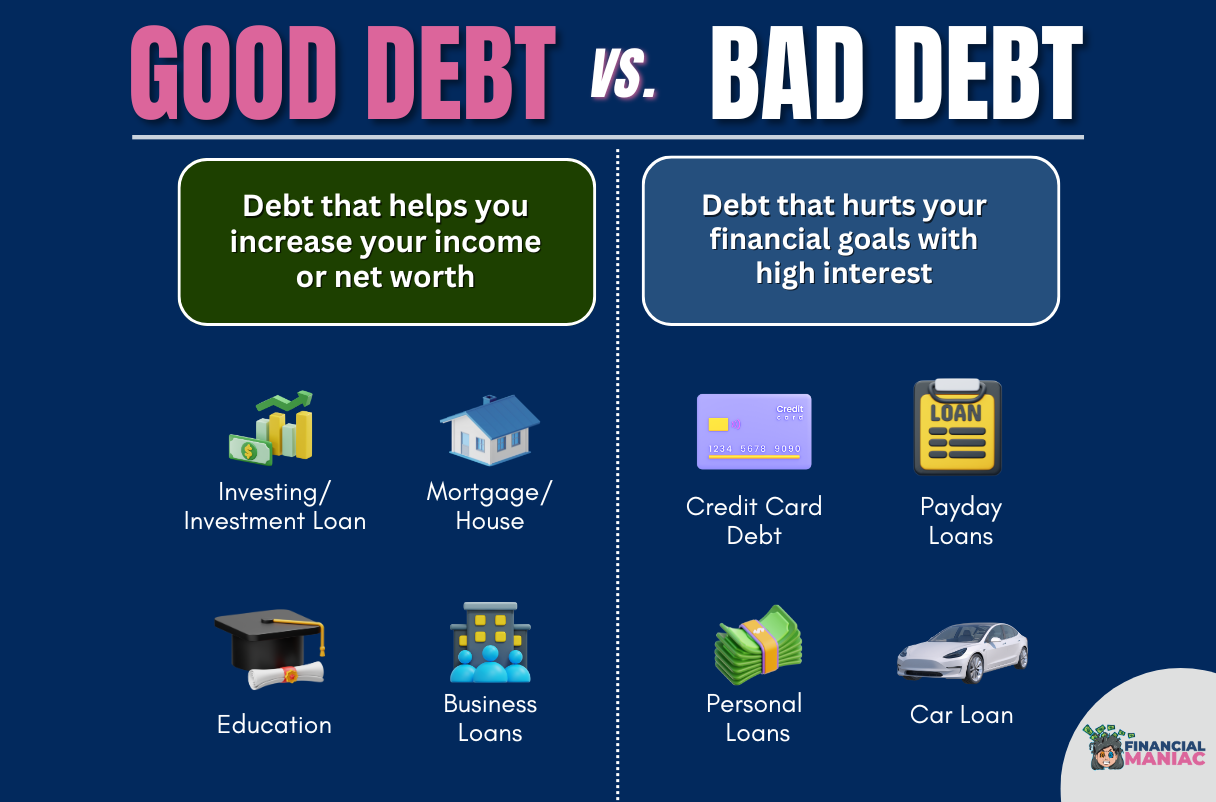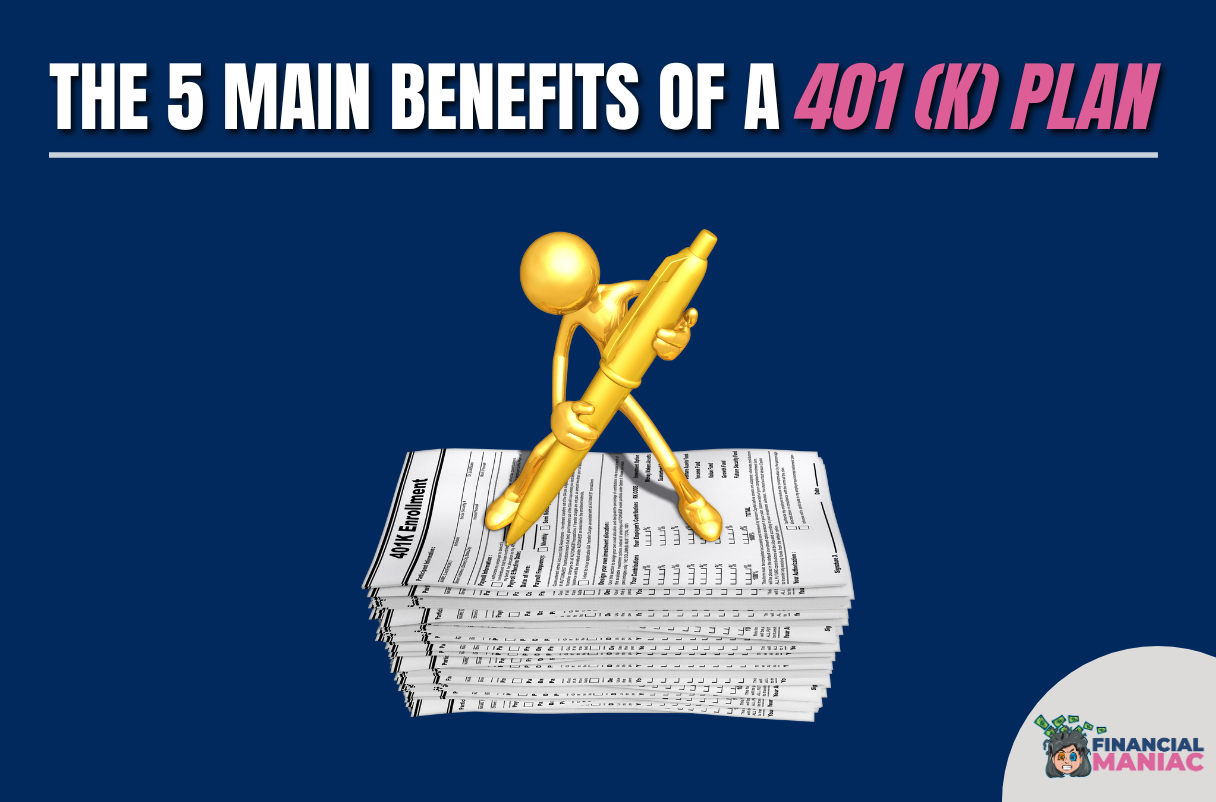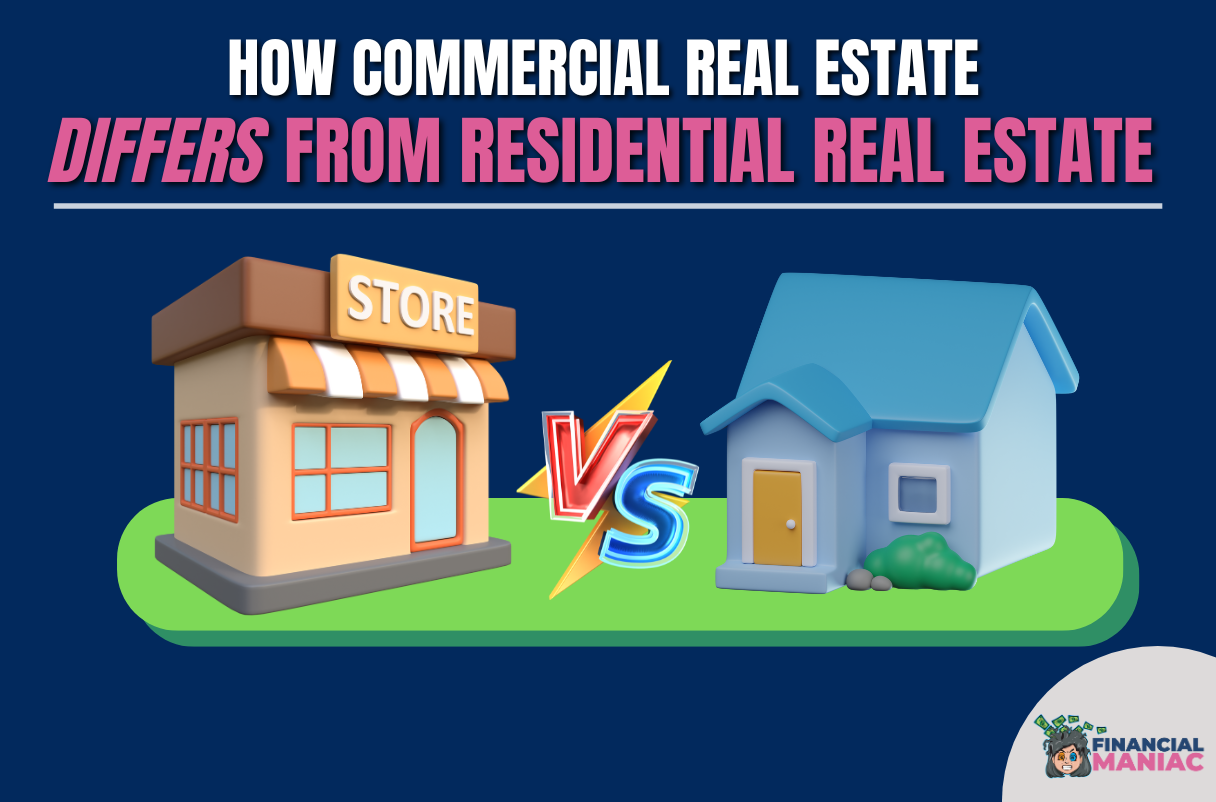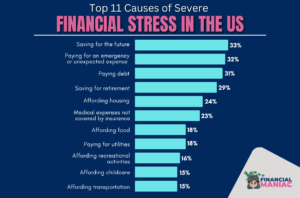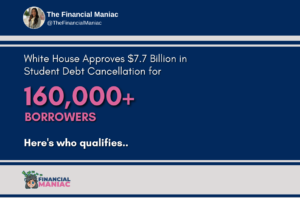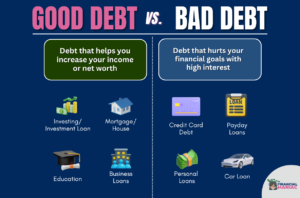Importance of a good credit score
Credit scores are important in the eyes of a lender because it determines what risk you pose to them. It essentially provides a statistical method to determine the likelihood a person pays back the money they have borrowed.
So, how can you make your credit score ratings appealing to lenders so that you can have an easier time navigating through the mortgage lending process?
The first step is to understand how credit scores are calculated. Once you know how it’s calculated, you will also need to understand the factors that negatively affect credit score ratings.
This blog will help you understand how a credit score is formulated and what you can do to improve your current credit score ratings.
How is a credit score calculated?

In most cases, a standard credit score rating is calculated using the FICO scoring model. Several factors are analyzed, and you are given a score that ranges from 300 to 850. For instance, the FICO scoring model uses the following scales to rate the creditworthiness of a person.
A score of 300-600 is for bad credit
600-649 for poor credit
650-699 for fair credit
700-749 for good credit
750-850 for excellent credit.
Credit score values are calculated using various formula models that use specific parameters. I will break down the key factors that influence credit score ratings and by what percentages.
They include:
- Your payment history. Contributes up to 35%
- Types of accounts. Contributes up to 10%
- Outstanding balances. Contributes up to 30%
- Credit Inquiries. Contributes up to 10%
- Duration of credit history. Contributes up to 15%
Lenders rely on your credit score ratings to determine your level of risk when giving you a loan. Apart from the FICO scoring model, there are other models that lenders can use to calculate your credit score.
They include; Transfix, Equifax, and VantageScore. Each model works differently based on its appraisal systems.
My Personal Tips
I usually advise prospective homebuyers to kickstart their home buying process by getting pre-qualified for a mortgage first.
Once you get pre-qualified, it becomes easier to concentrate your home search on homes that you can afford.
Building a good credit score of 650 and above usually takes time and one has to be consistent in managing debts. To do so, you need to start by engaging a credit bureau near you to get your latest credit score ratings.
Once you have the report and realize that you need to work on specific areas, you will need to craft a practical way to improve it. You must be willing to become a responsible borrower with good spending habits to have an easier time negotiating favorable mortgage terms with your preferred lender.
Building a good credit score track record for any real estate investor is paramount if you want to enjoy a smooth home financing process.
However, if you realize that your credit score is low, all is not lost because there are many ways of improving your credit score in the long term.
If you want a quick financing option despite having a poor credit score, I would recommend you try the following non-traditional lending options.
Hard money financing

Lenders of hard money pay more attention to the real estate property value and the security of the deal rather than the real estate investor’s credit score. Hard money lenders include individuals and businesses who lend short-term loans to real estate investors at a higher interest rate than the prevailing market rates.
The interest rates for hard money loans range from 10-18%. An additional fee is charged, known as “Points,” which can go upwards of 10%.
Most real estate investors can enjoy short-term mortgage financing up to 75% of their property value through the loan to value (LTV) ratio.
Private money
As the name suggests, private money financing is provided by individuals (friends and family) and private organizations who set their terms. Consequently, every private lender will engage with a private real estate investor differently depending on their intended investment goals and the overall credit score.
Like hard money lenders, private money lenders anchor their lending decisions on the value of the investment property and work with investors looking for short-term loans.
FHA Loans

The Federal Housing Administration administers FHA loans which can also be an effective option for real estate investors with a decent credit score.
To qualify for an FHA loan, you must have a minimum credit score of 620. In addition, you should also be able to raise a minimum of 3.5% of the property value as a down payment.
FHA loans also have other credit structures with different terms that cater to other investors who have lower credit score ratings. FHA loans are not used to finance an investment property, but they can play a significant role in refinancing to a new FHA loan or conventional loan.
Subprime loans
Subprime loans are a category of loans with relatively high-interest rates and fees that are offered to borrowers with less-than-ideal credit.
Such individuals have low income, limited credit history, poor quality collateral, or poor credit.
They are another great alternative that real estate investors with bad credit scores can seek for financing options.
Conclusion

As a real estate investor, having a good credit score will give you a competitive advantage in accessing mortgage loan financing. Lenders will quickly establish a working relationship with you that has flexible terms at very affordable rates.
If your current credit score rating is below the required range, put more effort into improving it so that you can have an easier time negotiating better financing options that save you money and time.
I hope this helps, looking forward to joining you all in this journey to Financial Freedom & Education!

